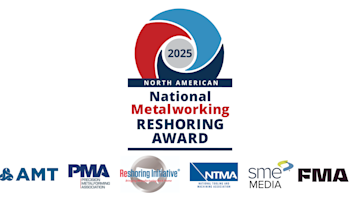Most recognize the Export-Import Bank of the United States (EXIM) as America’s official export credit agency, providing financing solutions to companies looking to export. Last week, EXIM’s board of directors unanimously approved extending EXIM’s medium- and long-term buyer financing programs to include domestic transactions, a significant departure from its traditional framework.
The EXIM Make More in America Initiative stems from a recommendation included in the 100-day supply chain review required by President Joe Biden’s Executive Order 14017 on American Supply Chains. The goal of the program is to provide American manufacturers – particularly small and medium-sized businesses – new access to capital to fill critical supply chain gaps. The initiative will incentivize applications in environmentally beneficial, small business, and transformational export transactions (including semiconductors, biotech and biomedical products, renewable energy, and energy storage).
Not everyone supports EXIM’s expanded domestic financing options. Senator Pat Toomey, R-Pa., the ranking member of the Senate Bank Committee, called it “mission creep.” He opposed the board voting on the initiative without a detailed framework and before the public had an opportunity to provide comments.
The launch of the new initiative immediately makes available the agency’s existing loans and loan guarantees for export-oriented domestic manufacturing projects as part of President Biden’s whole-of-government efforts to strengthen the resiliency and security of America’s supply chains. Eligibility is focused on two core requirements: export nexus (the percentage of production or shipments tied to exports) and jobs (financing will be scaled based on the number of U.S. jobs supported by the project).
For more information or to start the application process, visit the Make More In America Initiative webpage on EXIM.gov.






